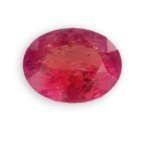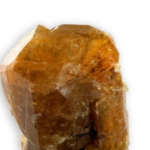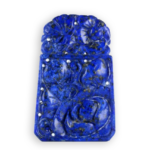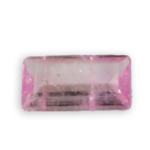
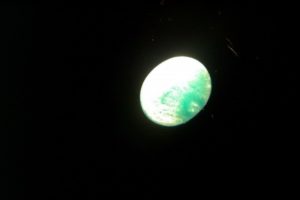
color like inclusion
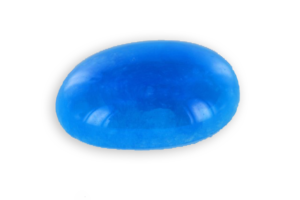
hemimorphite
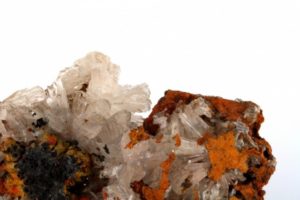
hemimorphite crystals form China
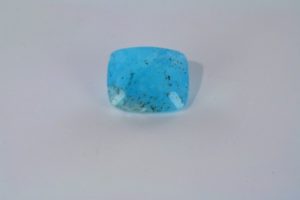
blue hemimorphite from Cho Dien in Vietnam cushion cut
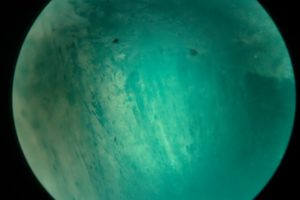
solid like inclusions

color like inclusion

hemimorphite
Detailed sheet
hemimorphite
Its name comes from the Greek “hemi,” half and “morpho” to form, due to the different shape of the tip of its doubly terminated crystals. It was identified by Kenngott in 1853.
There is a “matrix” form blue and banded. As Tourmaline it presents the phenomenon of piezoelectricity and pyroelectricity.

CHEMICAL CHARACTERISTICS
Zn4[Si2O7](OH)2
zinc silicate

PHYSICAL CHARACTERISTICS
Main color
blue
Other colors
white, brown, colourless, yellow, green, purple
Color of streak
white
Luster
dull, pearly, silky, vitreous
Hardness
4.5 to 5.0
Density
3.30 to 3.50
Cleavage
perfect
Fracture
conchoidal, uneven
conchoidal

OPTICAL PROPERTIES
Transparency
translucent, transparent
Refractive index
1.613 - 1.635
Double refraction
0.022
definite, biaxial positive
visible double refraction
Yes
Dispersion
0.020(0.013)
Pleochroism
absent
Number of colors
1
Fluorescence
variable
according to origins, fluorescence colored by metallic ions

CRYSTALS PROPERTIES
tabular, massive mamillary aggregates
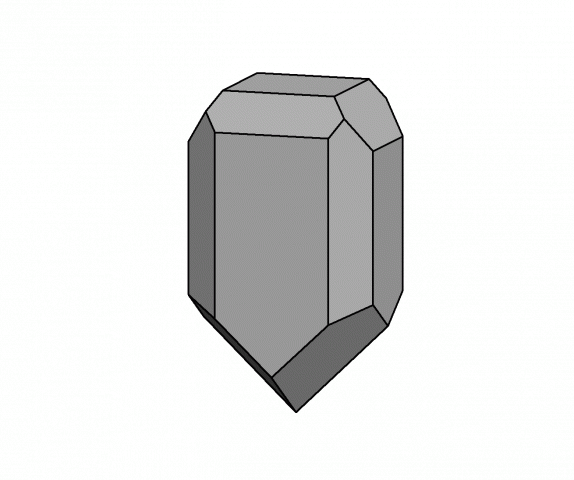
crystals system
orthorhombic

OTHER INFORMATIONS

APPROACHING GEMS
Exploited
sites
It is found in Mexico, Italy, Namibia, Austria, Australia, Algeria, United States, China, Congo, Russia, Greece and Zambia .
use in jewelry
collection stone
Historical
healing properties
It would be the stone of quiet balance. It should be posed to people and children by creating a pleasant atmosphere.
Venez visitez
notre site web
voillot-joaillier.fr
Lorem ipsum dolor sit amet, consectetur adipiscing elit. Ut elit tellus, luctus nec ullamcorper mattis, pulvinar dapibus leo.Lorem ipsum dolor sit amet, consectetur adipiscing elit. Ut elit tellus, luctus nec ullamcorper mattis, pulvinar dapibus leo consectetur adipiscing elit. Ut elit tellus, luctus nec.

